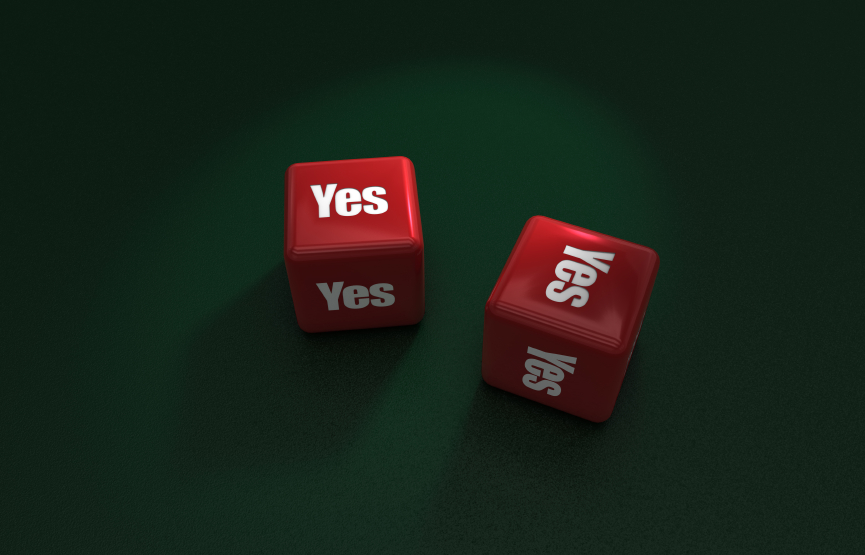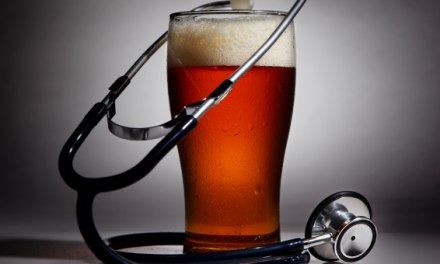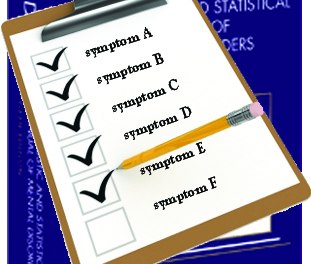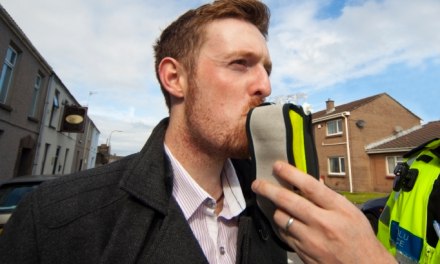This showed up recently in The Washington Post:
They smoke pot, drink booze and consider themselves sober
People like Grammy nominee Jelly Roll are redefining what it means to be sober. Is the wagon big enough for them?
On the wagon, get it? Bit of WaPo editor humor there.
It’s true that all sorts of people achieve what they refer to as ‘sobriety’ in a bewildering variety of ways. It all depends on how they define the term, and that’s far from uniform.
We took a look at some research into the phenomenon back in 2022:
Recovery is more common than we suspect
None of this should come as a surprise. It’s common for someone to quit drugs and alcohol not because they genuinely want to, but because they’ve become convinced they need to – if only to avoid some consequence they might face if they didn’t.
It’s a reason why motivation continues to be such a problem for so many new to recovery. Once the problems that initially motivated a commitment to abstinence have been resolved (or at least substantially reduced), whatever incentive they provided for remaining sober is largely gone. Some find new sources of motivation while others, feeling better now, are tempted to resume their quest to regain control over drugs and alcohol.
”Returning to the battlefield for another round with addiction,” as one man termed it. The results, unfortunately, are predictable. Still, the tendency to rationalize is strong, and leads to repeated attempts.
“I think I just let myself get overstressed,” they might tell themselves, to explain away the painful past. “Now that I know better, I’m positive I can handle an occasional (drink/hit/snort/toke). Just one can’t hurt.”
Ordinarily that’s followed up with a few experiments, just to test things out. If those appear successful — they don’t result in a binge, for instance — it just further motivates the individual to stay on the current path.
Gradually (or sometimes quite quickly), trouble can re-emerge. Perhaps worse trouble than before.
This kind of reasoning is typical of confirmation bias. That’s a broad term for the very human tendency to selectively prefer information that confirms our own beliefs, while ignoring or dismissing other information that doesn’t.
And if we believe we already have enough information to successfully return to drinking or drug use, we naturally resist any new information that might contradict our opinions — and therefore undermine our confidence.
“I was so sure I was over it, at long last,” one man told me, as he was being admitted to rehab following a painful binge that began a few days short of his one year sober anniversary.
“You were seeing a therapist at the time,” I reminded him, “Didn’t you talk it over with her before you started drinking again?” Indeed he had, and admitted his therapist questioned the wisdom of his decision. “But I figured, I know myself better than anyone else, don’t I?”
Obviously not.
So why did he refuse to listen? He’ll have plenty of time to reflect on that in future.













